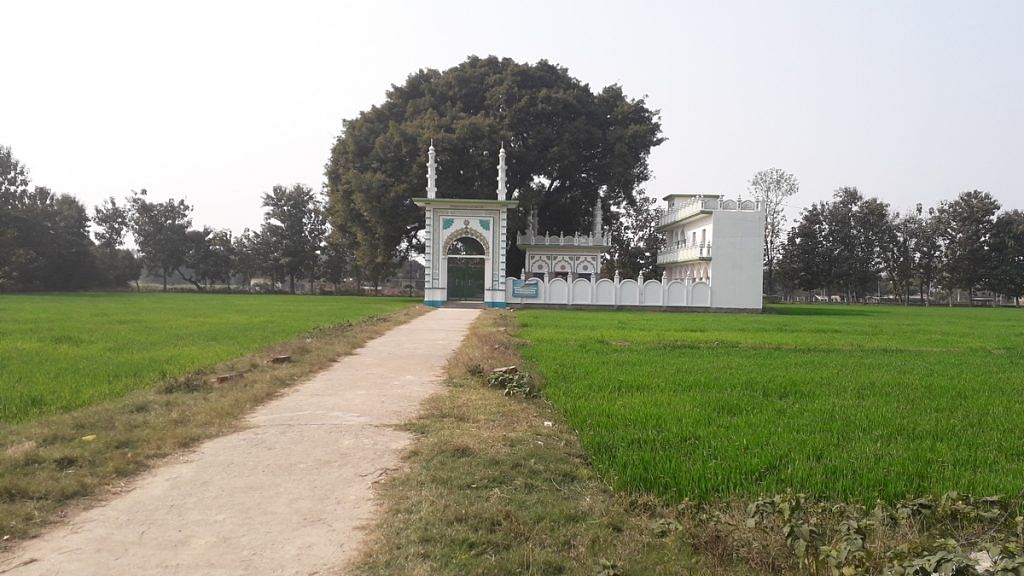Lucknow: The Sunni Waqf Board Monday said it will accept the five acres of land allocated by the UP government for the construction of a mosque in Ayodhya.
Zufar Ahmad Faruqi, the president of the board, made the announcement at a press conference after a meeting of the Sunni Waqf Board members. Two of eight of the board members boycotted the meeting.
Faruqi said a trust will be formed to carry out the construction of the mosque complex, which will also have a charitable hospital, a public library and an Indo-Islamic centre. However, a decision on the composition of the trust and its members will be made later, he added.
The mosque, which will be constructed after decades of conflict over the disputed land that also once had a Ram temple, was allocated five acres in Raunahi tehsil, about 20 km from Ayodhya. The plot falls in Dhannipur village, a Muslim-dominated area that has around 20 mosques.
Also read: Dhannipur near Ayodhya already has 15 mosques, local Muslims want hospital and college too
Conflict within the Waqf board
Of the eight board members, Abdul Razzaq Khan and Imran Mabood Khan refused to attend the meeting in which the board decided on the government-allocated land. They argued that the Shariah law does not allow accepting anything in exchange for a mosque.
Razzaq told ThePrint that the Shariah law clearly disallows land to be bought or exchanged in lieu of mosque land, and said he would not accept the plot given by the state government in accordance with the Supreme Court verdict in the dispute. He further alleged some members of the Waqf Board were more than willing to stand with the government to fulfill their own interests.
The 16th-century Babri mosque that stood on the disputed site in Ayodhya was demolished in 1992 by karsevaks, who claimed that a Ram temple stood at the same spot initially.
Faruqi refused to comment on Razzaq’s claims.
Some residents of Dhannipur village, though, welcomed the news of a charitable hospital and library being built along with a mosque. Mohammad Shadab, a resident, said though there are many mosques in the area, there are no good hospitals or libraries. “If the hospital and library comes into existence, then people of all religions will benefit from it,” he said.
Also read: What the last imam of Babri Masjid told me a few months before the demolition
